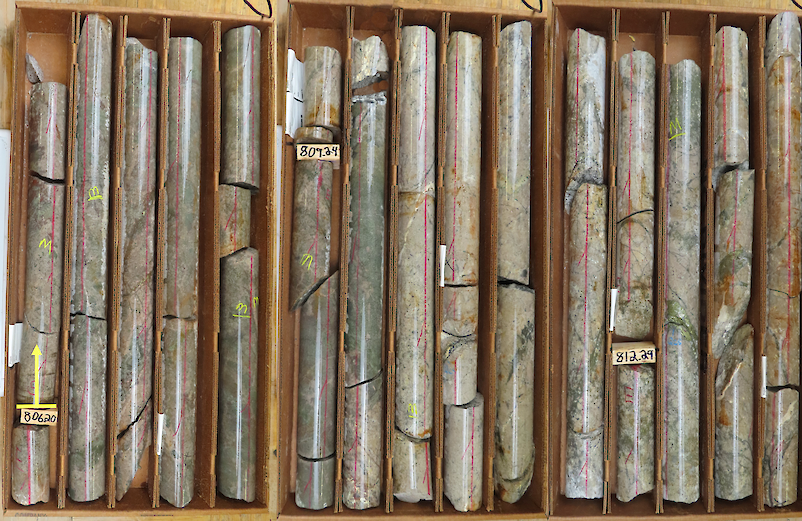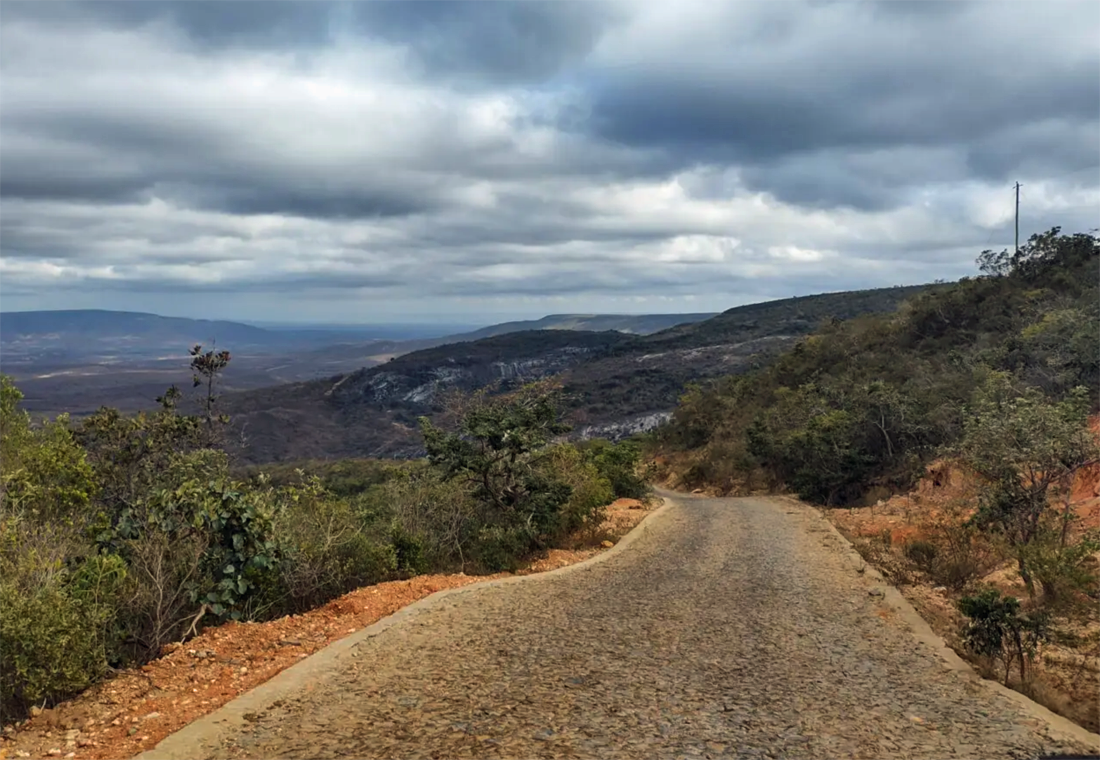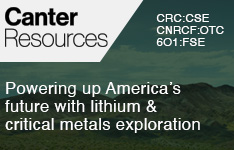Two years ago U.S. Senators Benjamin Cardin, D-Maryland, and Richard Lugar R-Indiana, introduced a landmark provision to help protect investors from undue risks associated with corrupt or unstable governments in the oil, gas and mining industries.
The Cardin-Lugar amendment would become part of the landmark Dodd-Frank Wall Street Reform and Consumer Protection Act which was signed into law on July 21, 2010. That same year, Canadian Member of Parliament John Mckay would see the defeat of his bill, C-300, the Corporate Accountability of Mining, Oil and Gas Corporations in Developing Countries Act.
By Aug, 22, 2012, the Securities and Exchange Commission would finally adopt the U.S. mining company government payments transparency rule. The passage of the SEC rules apparently has given Mckay and a team of NGOs the momentum they need to help design a Canadian version of the U.S. Amendment 1504 rule.
On Thursday a working group of two Canadian mining associations and two transparency-focused NGOs hope to provide the guidance international and domestic mining companies can use to actually implement and audit transparency standards as they relate to mining company payments to governments.
While a number of Canadian mining companies participate in the Extractive Industries Transparency Initiative, a voluntary reporting standard adopted by more than 35 countries, Claire Woodside, director, of Publish What You Pay Canada, observed "mandatory disclosure leads to more consistent and reliable data that citizens impacted by resource development need, to hold their governments accountable."
"Current disclosure regimes don't produce the same information across exchanges and for all companies," said Antoine Heuty, deputy director for the Revenue Watch Institute.
With a little luck, mandatory disclosure may also be a tool to help miners stand firm against governments that pressure foreign mining companies for hefty contributions to "social endowment" funds.
Canada's newly announced working group, comprised of the Mining Association of Canada, the Prospectors and Developers Association of Canada, Publish What You Pay Canada, and the Revenue Watch Institute, hope to create a framework which can also be applied in resource-rich nations where there is no strong national securities regulator, such as Canada; a report which can satisfy provincial or state regulators as well as a federal agency.
If their efforts prove successful, many of Canada's mining and exploration companies could find themselves abiding by standardized disclosure rules which could be applicable both in the U.S. and Canada, and eventually the European Union and other nations.
"Ideally, Canada's response will improve upon existing reporting standards and create a framework that will level the playing field by holding all companies to the same high standard of reporting, regardless of where they operate," Heuty noted.
MAC President and CEO Pierre Gratton said the framework could provide the information citizens of resource-rich countries need to achieve accountable and responsible management of natural resources.
One suggestion now being bandied about is that Canada's National Instrument 43-101, the Standards of Disclosure for Minerals Project, may also serve as a potential vehicle for standards of disclosure for mining company payments to governments.
A mandatory, auditable standard for transparency of mining company payments to governments could also provide auditors with a tool they need for determining what is a legitimate payment by a mining operation to a government, as opposed to what may be a payment aimed at appeasing a corrupt government, rather benefiting local communities.
The announcement of the new working group is also aimed at making more people--including communities impacted by mining activities- aware as to what are considered to be legitimate costs of doing business.
The group will hold its first meeting next week.
Dorothy Kosich
Mineweb



































